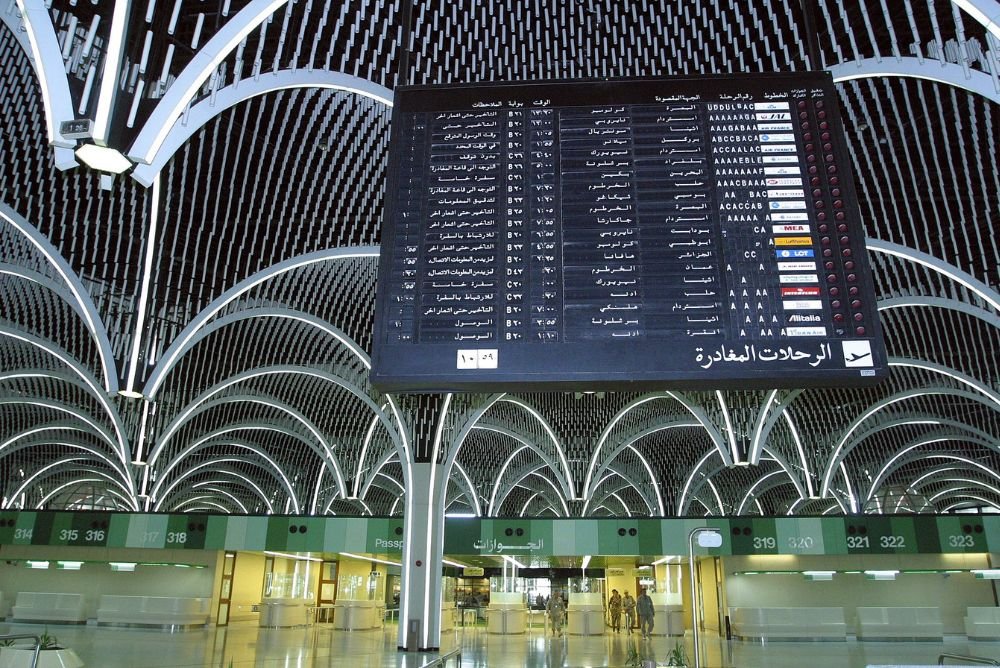Iraq announced a $600 million Baghdad airport development plan under a public-private partnership. The Ministry of Transport works with the International Finance Corporation to bring in global investors. This step supports Iraq’s efforts to diversify funding and reduce fiscal pressure without using public funds.
The Baghdad airport development requires the investor to finance and manage the entire project. Plans include building new terminals to serve 9 million passengers, with future expansion to 15 million as demand grows.
The investor will also modernize airfield infrastructure, install advanced systems, and improve facilities. Training programs and higher salaries will strengthen airport operations. This Baghdad airport project aims to make the site a key regional aviation hub.
The government will retain control over sovereign functions such as customs, immigration, air traffic control, and VIP services. Meanwhile, the investor will handle terminal operations, logistics, ground services, and commercial land development near the airport.
Iraq shortlisted ten international consortia from fourteen applicants for this Baghdad airport development. The investor offering the highest annual revenue share to the treasury will secure the contract. Requests for proposals are out, and bids must arrive before next year’s deadline.
The International Finance Corporation supports Iraq with technical and legal expertise throughout this process. It capped its consultancy fee at $500,000, although Iraq has not paid yet. This cooperation ensures the Baghdad airport plan meets global investment and aviation standards.
The Baghdad airport development is expected to create at least 12,000 direct jobs, boosting employment and stimulating the local economy. Officials also expect improved passenger experiences and stronger tourism growth. Investors will benefit from rights to develop commercial areas surrounding the airport.
By advancing the Baghdad airport upgrade, Iraq aims to strengthen its aviation sector and encourage long-term economic growth. This effort supports the country’s goal to reduce dependence on oil revenues and increase global partnerships.





